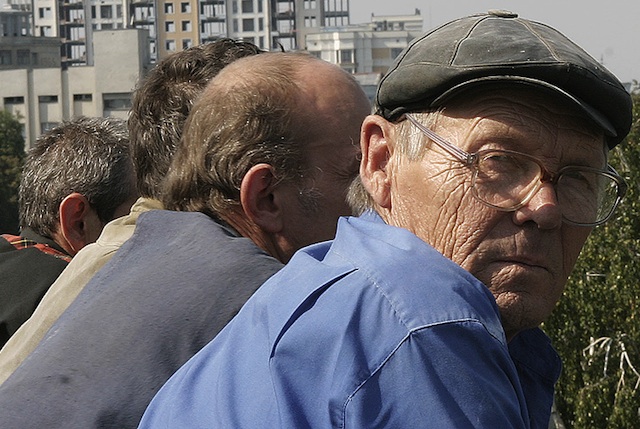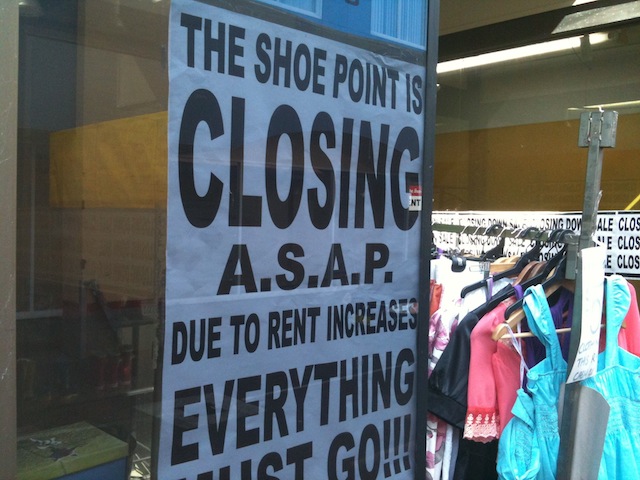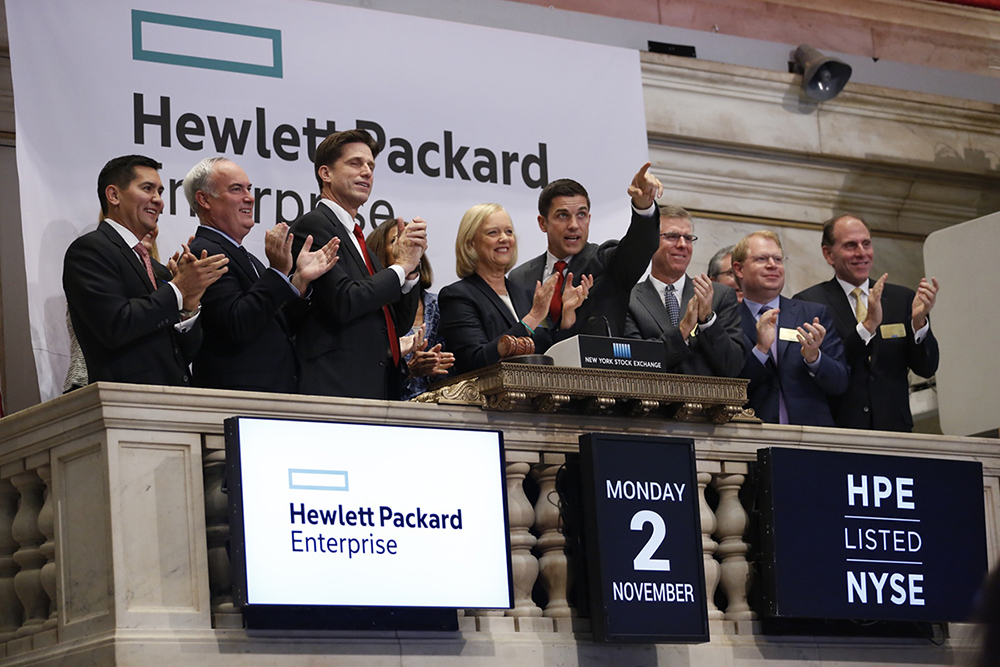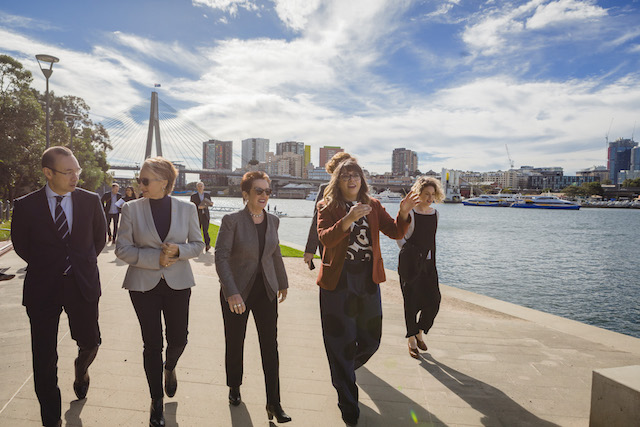“Neo liberalism is dead” was Paul Mason’s opening for his talk ‘Will Robots Kill Capitalism?’ At Sydney university on Monday night.
Mason, who was promoting his book ‘Postcapitalism: A Guide to Our Future’ was exploring how we create an alternative to the failing neo-liberal world while avoiding the failings of the past.
Describing the current ennui towards establishment politics as being “the biggest change since the fall of the wall in 1989,” Mason believes that the neo-Liberal, pro-markets, view of the world is now failing because the general population increasingly can’t afford the credit which powers the current system.
Increasing voter hostility
With increased insecurity the general population’s hostility towards the global elites is only going to increase, Mason says, as a low work future is traps people into low income ‘bullshit jobs’.
Mason describes a bullshit job as being something like the hand car washes that have popped up around UK (and Australia) where workers are paid the absolute minimum to provide a service cheaper than any machine.
With bullshit jobs, it’s hard not to consider the white collar equivalent – just yesterday The Guardian, which Mason writes for – described a report by UK think tank Reform which suggested 90% of British public service jobs could be replaced by chatbots and artificial intelligence.
It’s easy to see those same technologies being employed in the private sector as well with middle management and occupations like Human Resources and internal communications being easily automated out by much flatter organisations.
A low work future
The result of that, which we’re already seeing, is increasingly profitable corporations that barely employ anyone.
However for companies like Google, Facebook and Apple those business models also present risks as they are valued by the market far beyond any reasonable expectation of return – even if they do manage to eat each other.
Another risk to today’s tech behemoths is the commoditization of many of their industries. “Not all of the high tech economy will be a high value economy.” Mason point out, going on to observe that Google may have recognised this in carrying out their Alphabet restructure.
The neoliberal Anglos
Not all countries though have followed the Anglo Saxon neo-liberal model over the past forty years though. In what Mason describes as “The yin and yang of globalIzation,” he point out China, Germany, Japan and South Korea Have focused on production and raising living standards while the English speaking nations enforced austerity on their populations with large groups being left behind both socially and economically.
Which leads to Mason’s key question, “will the low work future see neoliberalism replaced by ‘neo-feudalism’ or something more enlightened?”
To support the latter, Mason suggests a transition path into the ‘low work future with the following features;
- automation
- basic income
- state provided cheap, basic goods
- externalising the public good
- attacking rent seeking
- promoting the circular economy
- investing in renewable energy
That list seems problematic, and at best hopelessly idealistic, in today’s economies – particularly in the neoliberal Anglosphere.
A need for new mechanisms
Mason’s points though are important to consider if we are facing a ‘low work’ society as there has to be some mechanisms to allow citizens a decent standard of living even if the bulk of the population is unemployed.
Even if we aren’t facing a low work future, the transition effects we’re currently experiencing where many of today’s jobs are going to be automated away threaten serious political and economic dislocation in the short to medium term.
What Mason reminds us is that the political and economic status quos can’t be maintained in the face of dramatic technological change. We have to consider how we’re going to manage today’s transformations so we don’t end up in a neo-feudal society with the discontent that will entail.




